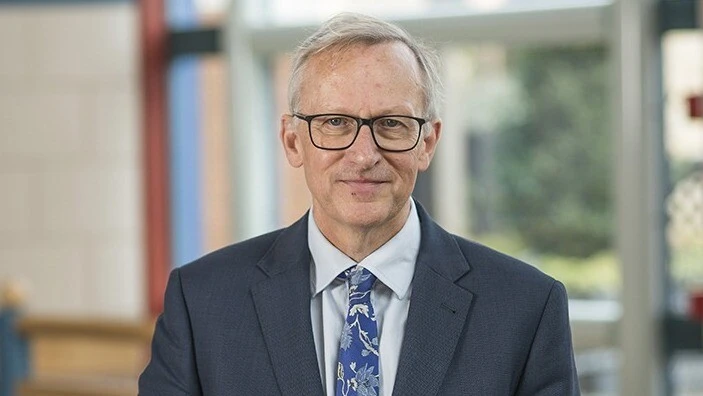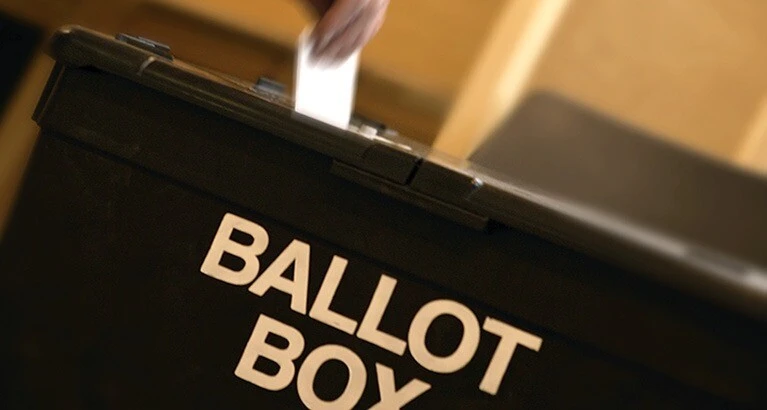Economics as a discipline has become far too dependent on maths as a way of explaining why people work, rest, buy a house or go on holiday. If you go back to the start of modern economics, to Adam Smith, or even people like Keynes or [Alfred] Marshall, they would be sceptical about mathematics being the dominant approach in economics.
Marshall’s view on the use of mathematics in economics was that it should be used as a shorthand language rather than as an engine of enquiry; that the results thus produced should then be translated into English and illustrated using real life examples, with the maths then discarded. If it proves impossible to produce illustrated examples the economists should return to the maths and try again. This is a very sensible approach. Unfortunately many modern economists do not even get to this first stage.
The dominance of maths is a relatively modern phenomenon – it became the dominant paradigm after the Second World War. It’s becoming the only way that modern economists explain the economy, but before it was just one of many, many approaches, such as those from philosophy, psychology and sociology.
Economists want to be scientists, but the economy and people are not driven by a mathematical algorithm. If individuals and firms all behave in a predictable way to maximise income or profits then we can predict what will happen. But in reality, individuals, firms and institutions behave in response to a wide range of incentives, and often behaviour is driven by norms, codes and conventions. Mathematical models give us one way of looking at why people do what they do, but it’s incomplete.
Economics is not a science, it’s an art. It is often very complex and difficult. You often get many different answers about how the economy behaves. Many economists outside academia are less mathematically oriented, but much of the research that they build on is based on mathematical models or theories that they fail to question or interrogate. Maths has taken over now, not just in the realms of academia but also in the worlds of policy and business.
There are many people who, in the light of the crisis, have questioned the principles of economics, particularly the idea that people behave rationally, or that we will naturally return to a state of equilibrium. But their solution seems to be that the mathematics used wasn’t good enough, that you just need to change the assumptions upon which the models were based or do harder maths.
I think better maths will help, but what will help more would be to go back to the political economy roots of economics, to emphasise the importance of history, of institutions, of philosophy, to allow it to become more of an eclectic subject again. Better maths may be part of the solution, but more maths is not the only solution to the problem of bad maths.
Being able to do hard maths doesn’t explain why some people are poor. It can give you insights, but it’s not enough. You need some talented mathematicians, but they need to be talking to people in the real world. Very few economists predicted the crisis, either because their framework didn’t allow banks to fail or because their econometrics didn’t predict it.
There’s no imagination in modern economics: it’s just mathematics. And this lack of imagination will remain as long as economics remains tethered within the confines of mathematics.
I am not convinced that the failure of mathematical economics can be repaired by doing more maths. The gains from doing more complex maths will be, at best, marginal. And there is the risk of economics digging itself into a bigger hole of irrelevance. Economics needs to stop clinging to the notion that the complexities of human behaviour can be explained by algorithms or mathematical proofs.





